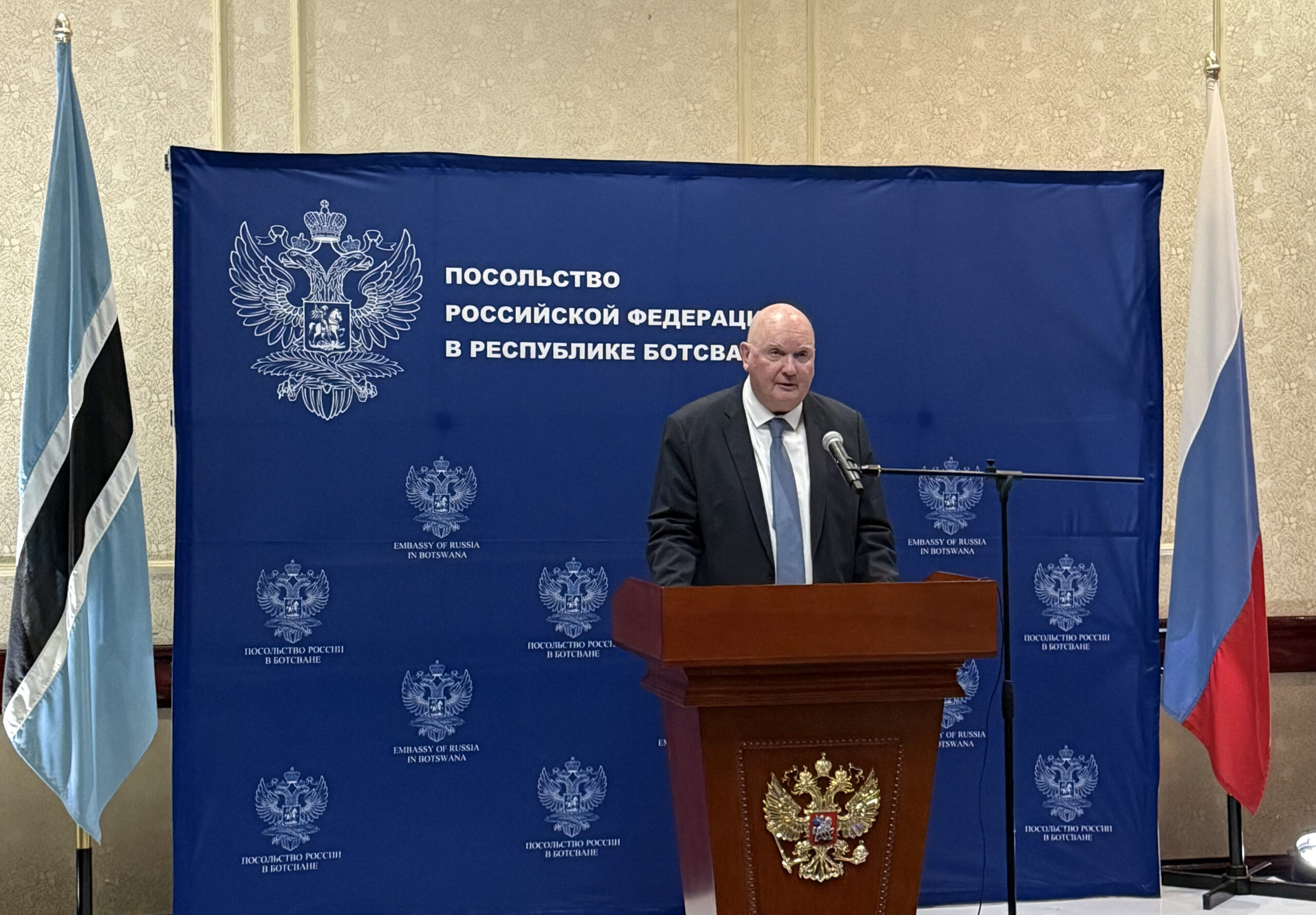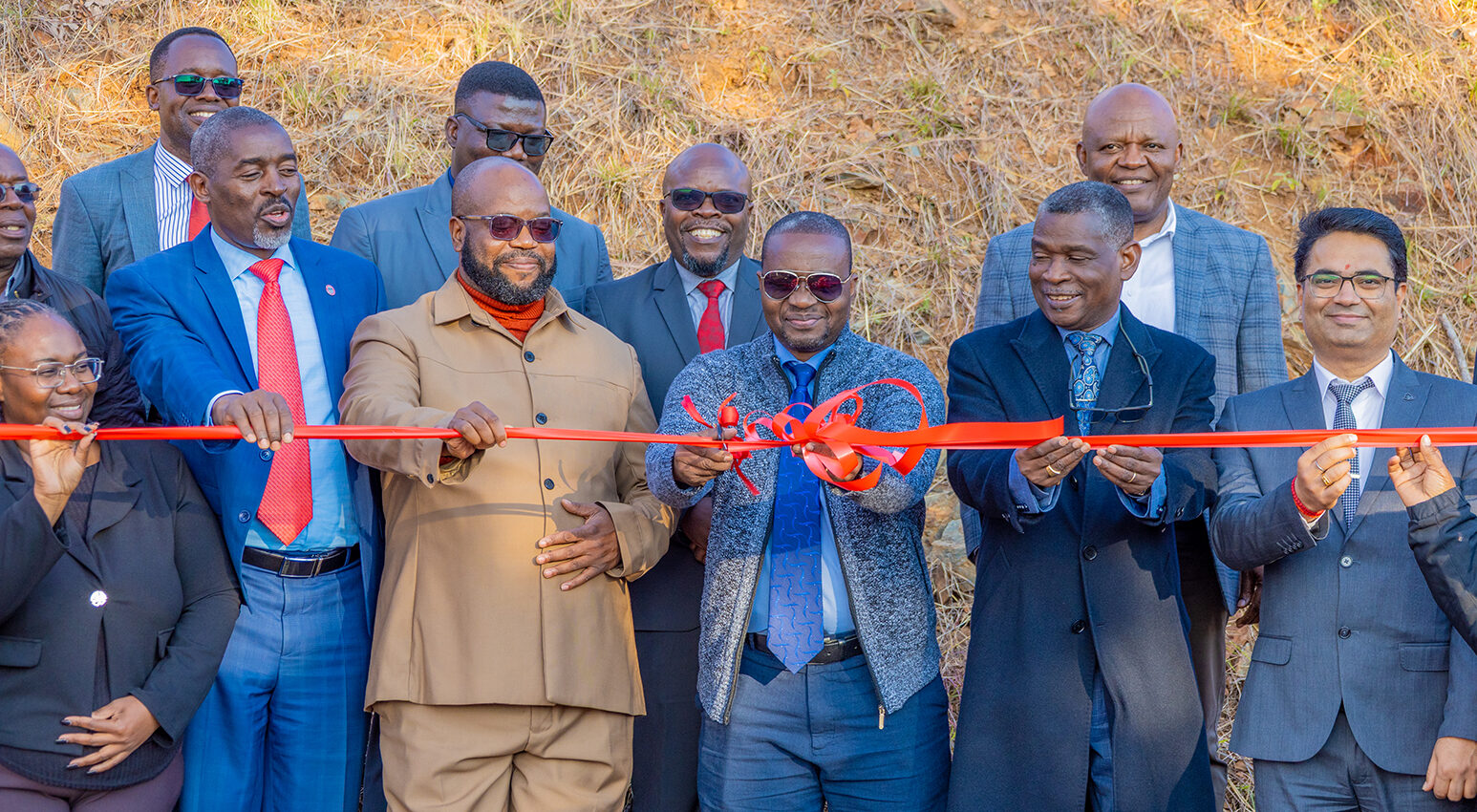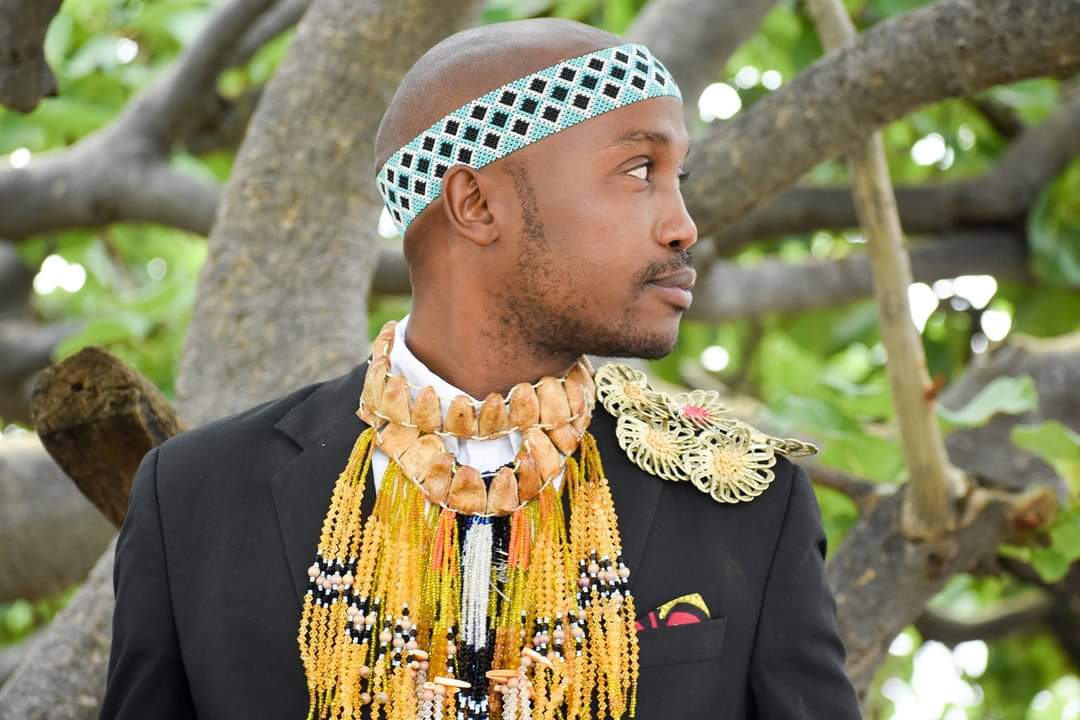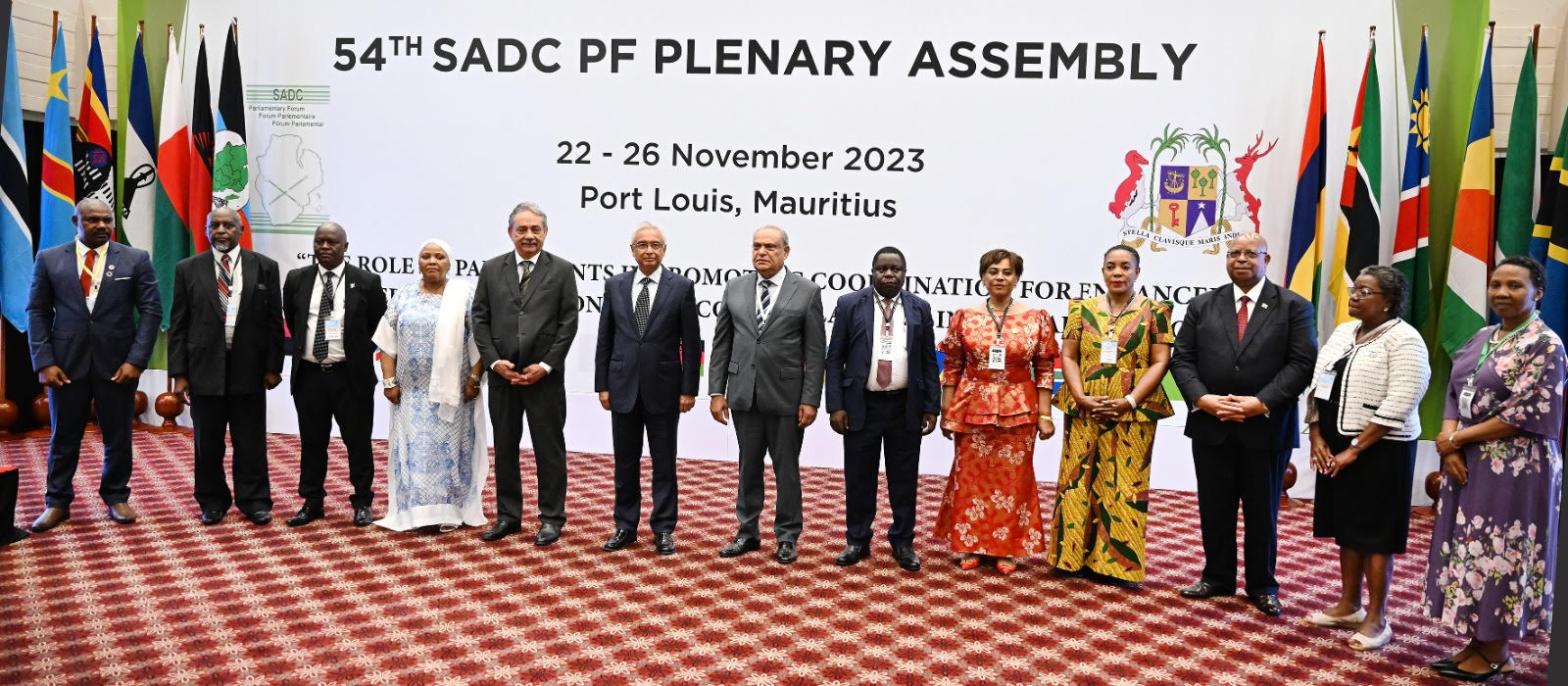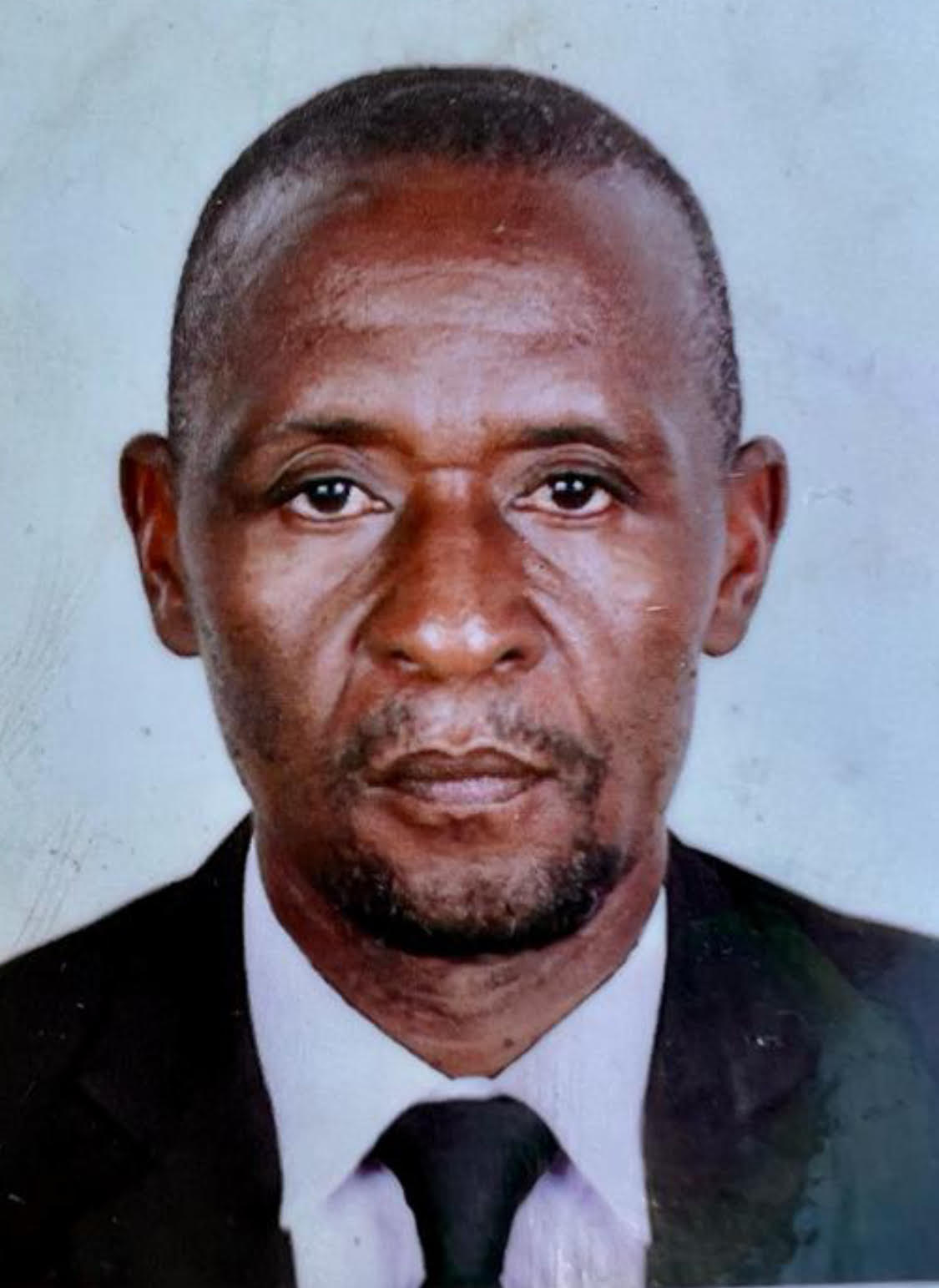
Honourable Tendai Nyabani, chairperson of the DHGR Standing Committee.
By Moses Magadza
The SADC PF Standing Committee on Democratisation, Governance and Human Rights (DHGR) will hold its meeting on Tuesday, 14 May 2024, virtually under the theme: ‘Enhancing the Role of Parliament in Mitigating Electoral Risks and Building Greater Resilience into Electoral Processes in the SADC Region’.
The meeting is in preparation for the 55th Plenary Assembly that will take place from 1 to 7 July 2024 in Angola. It takes place when, increasingly, there are various types of electoral risks obtaining globally and within the SADC region.

Mr. Sheuneni Kurasha, DHGR Programme Manager at SADC PF says given the importance of elections in building democracy, when elections face challenges, democracy also faces difficulties and if there are contestations around electoral processes and outcomes, they impact on the democratisation process.
“When that happens, parliament comes in as a central institution in building greater resilience given its functions. Parliaments are products of elections and most of the risks that are identifiable would require a legislative framework to address them. This falls on parliaments in terms of their constitutional mandate to make laws,” he says.
SADC PF Secretary General Ms Boemo Sekgoma says the theme is relevant given that many member states are scheduled to hold elections this year.
She contends that it is important for members of parliament to exercise their minds in terms of finding collective solutions to some of the risks that are recurring but also emerging.
Mr Kurasha says electoral and political violence have been a recurring risk in some parts of the world. This includes cyber violence targeting women candidates and thus discouraging their participation when there is growing concern over declining numbers of women in political positions or contesting for such.
This requires a holistic response, and parliaments must be seen to be doing their part as the legislature to deal with exclusion of women, youths and marginalized groups that require legislative response in terms of the legal framework to ensure incentives, affirmative action and other interventions to facilitate their participation in elections.
“The role of parliaments is very critical because Electoral Commissions implement what is in the legal framework. If the legal framework is not comprehensive enough to address all issues, the Electoral Commission will be hamstrung in responding to those issues. When that happens, Parliament must step up,” Mr. Kurasha adds.
Zimbabwean Member of Parliament, Honourable Tendai Nyabani is the chairperson of the DHGR Standing Committee.
To facilitate in-depth deliberations, the Committee has engaged Mr Nicholas Matutu, an independent electoral expert and Ms Hilda Modisane, the Executive Secretary of the Electoral Commissions Forum of SADC countries (ECF-SADC) Secretariat based in Gaborone, Botswana, as resource persons.
In an interview, Mr Matutu said the theme for the committee’s meeting was relevant and timely.
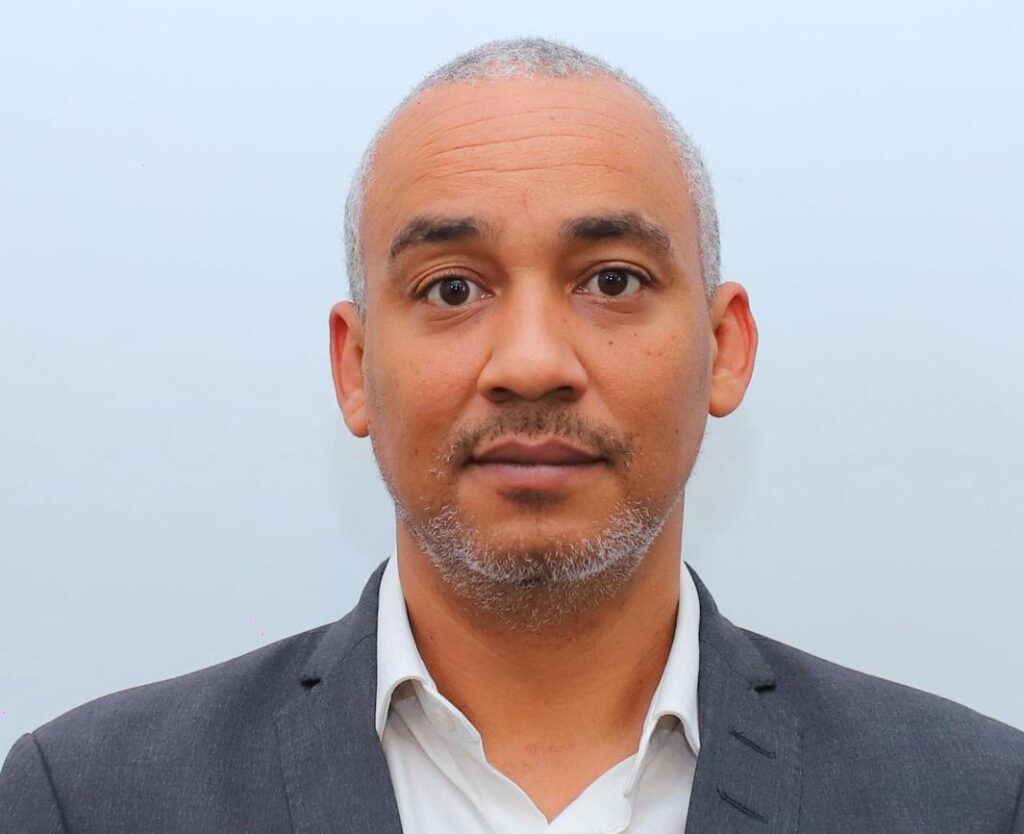
He said: “2024 has been dubbed the “Global Elections Super Cycle” due to the high number of polls happening around the world this year. The SADC region is no exception, with seven countries having held or due to hold elections in 2024.
“The high number of polls are taking place against a backdrop of an increasingly complex web of interrelated threats and risks that could undermine the integrity of elections.”
He added that due to the inherent challenges in organizing elections, as well as new and emerging threats, electoral stakeholders around the world are increasingly taking a systematic approach to identify, monitor and treat risks to the electoral process.
“This meeting will enable participants to deepen their knowledge of electoral risks in the SADC region and begin to identify strategies to protect electoral processes and strengthen resilience in the sub-region,” he stated.
On current and emerging electoral risks in SADC, Mr Matutu contended that many of the challenges were well known, and countries had been managing them for years.
“This includes legal, political, technical, financial and security risks to the delivery of credible elections. In conflict contexts, problems related to security have led to the disenfranchisement of potential voters in many African countries, including SADC ones,” he observed.
He, however, stressed that there were “many new risks that have only emerged in the past decade or so”.
In this connection, he cited the introduction of electoral technologies, the threats of misinformation and disinformation – particularly on social media and even environmental risks due to climate change.
Mr Matutu maintained that electoral risks can undermine the credibility of the entire electoral process and weaken the legitimacy of any elected officials.
“The worst possible outcome of any risk materializing is that it leads to the outbreak of violence, in which case everybody is negatively impacted. In some places, post-electoral crises have contributed to long-term declines in economic growth and political participation.”
He noted that women and marginalised groups of society are disproportionately affected by electoral risks, especially if election-related violence breaks out.
On the role of parliaments in securing elections, Mr Matutu said: “Protecting elections requires a collaborative, multi-actor approach. Parliaments play a key role in designing the electoral legal architecture and are uniquely situated to address a wide range of electoral risks and threats when undertaking reviews or reforms of the legal framework for elections.
“Through their oversight functions, parliaments also play an important role in ensuring the proper functioning of state institutions that have a key role to play in the organization of elections.”
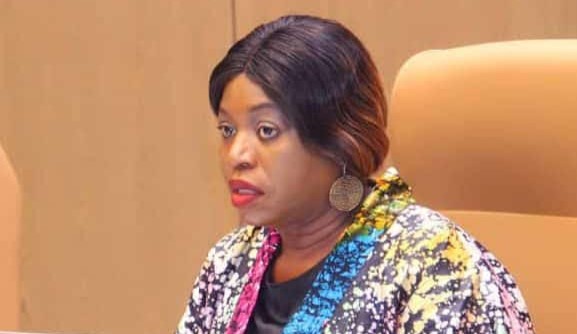
Ms Modisane said the meeting was opportune given that “nearly half the world’s population will head to the polls this year (2024) and when democracy in a number of SADC countries has been evidently fragile and the electoral and oversight processes and institutions continue to be weak, the outcome of which is increasing lack of public trust in institutions such as Election Management Bodies”. The meeting will be held virtually. The media and any interested people can register and follow the proceedings on zoom: https://us06web.zoom.us/meeting/register/tZAqf-igrDkvGNMzBkNqsuMRS5VPH3Lye_AG

